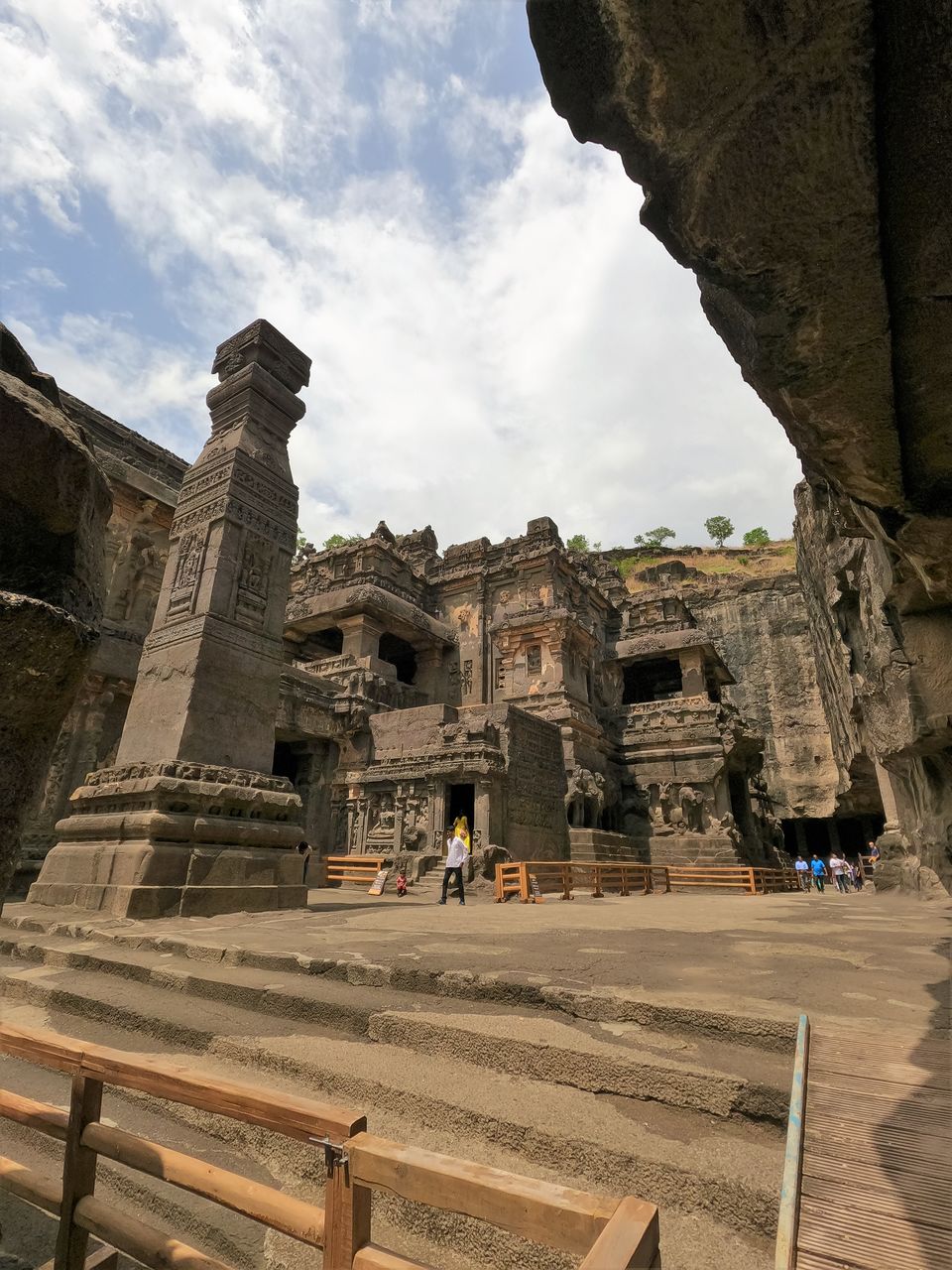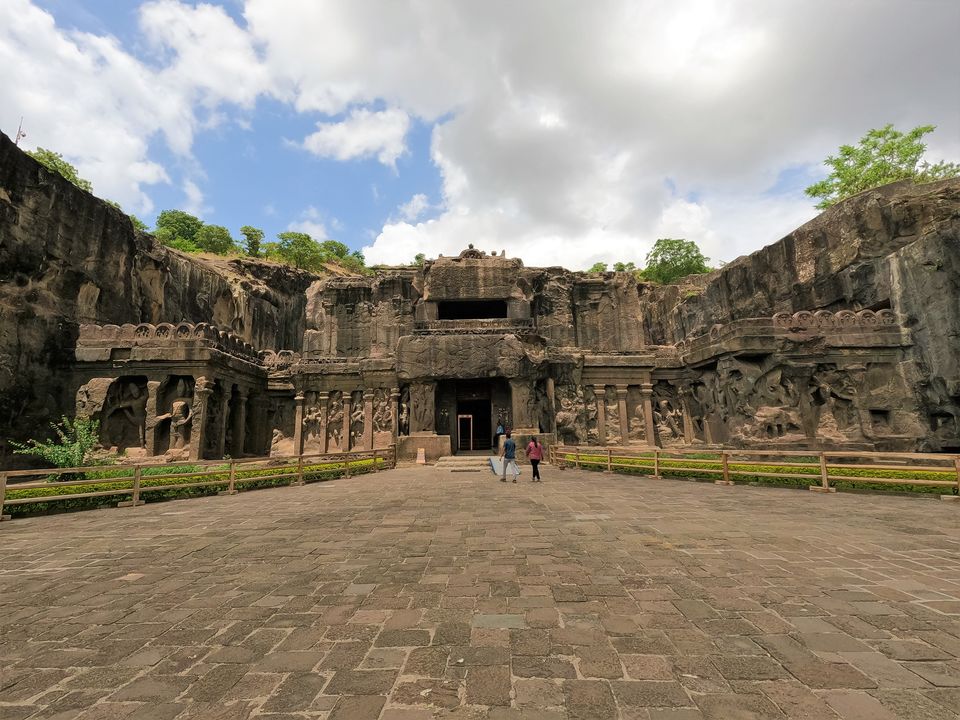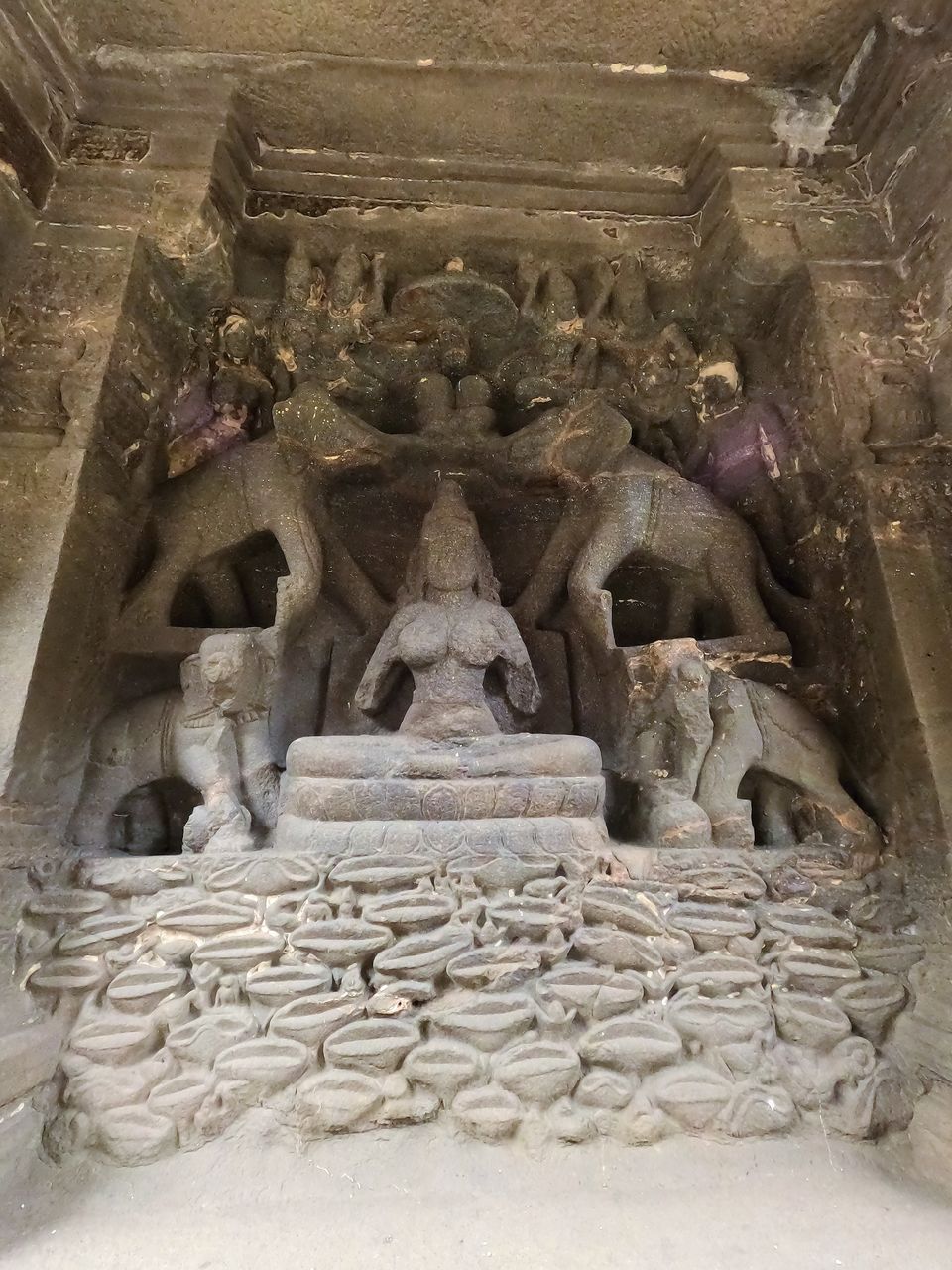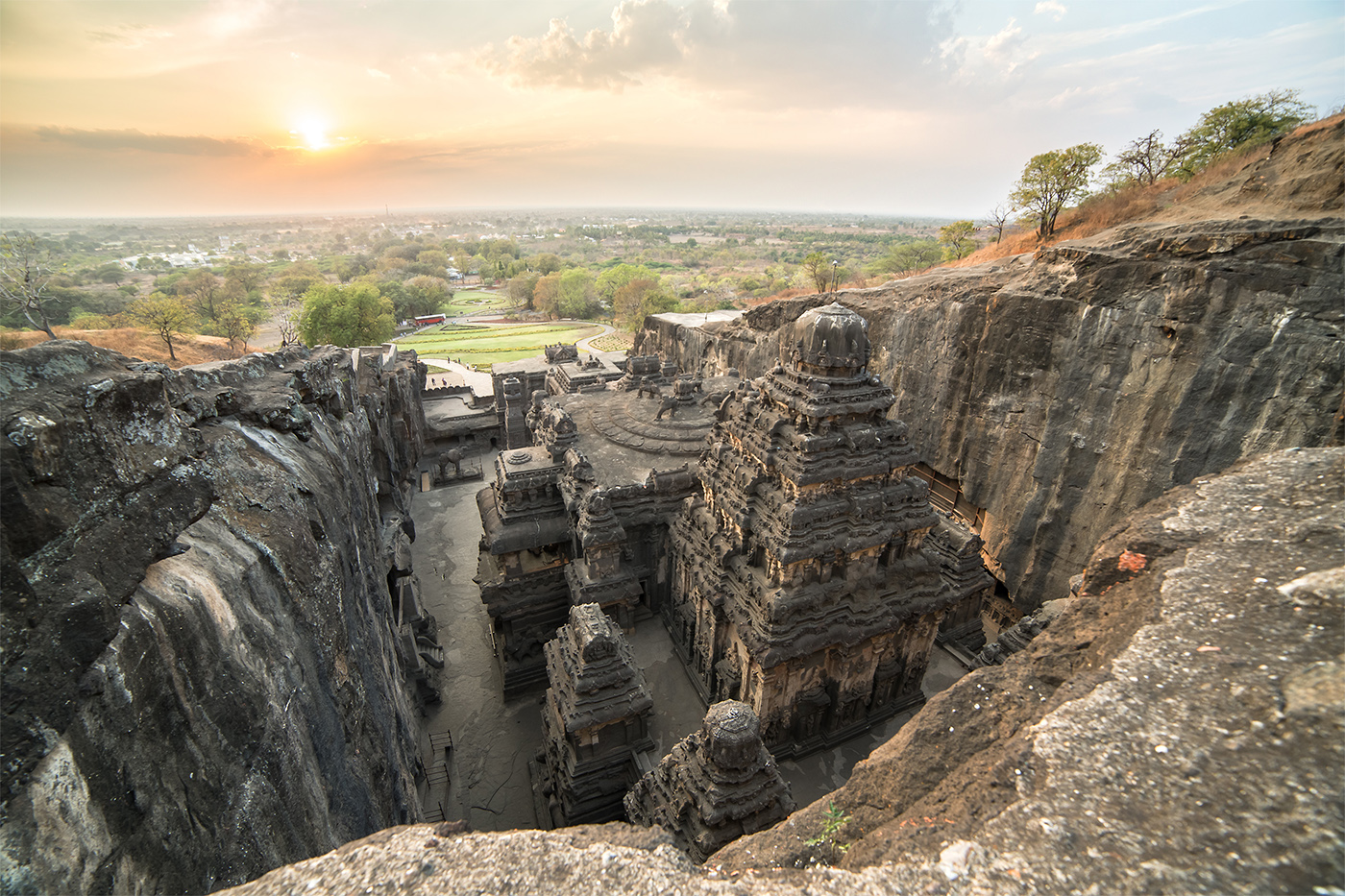The Enigma of Kailasa: Exploring the Myth and Reality of a Self-Declared Nation
Related Articles: The Enigma of Kailasa: Exploring the Myth and Reality of a Self-Declared Nation
Introduction
With enthusiasm, let’s navigate through the intriguing topic related to The Enigma of Kailasa: Exploring the Myth and Reality of a Self-Declared Nation. Let’s weave interesting information and offer fresh perspectives to the readers.
Table of Content
The Enigma of Kailasa: Exploring the Myth and Reality of a Self-Declared Nation

The concept of Kailasa, a self-declared nation, has sparked curiosity and debate in recent years. While its existence as a recognized sovereign state remains contested, the idea has gained traction in certain circles, particularly online. This article delves into the complexities surrounding Kailasa, examining its origins, its purported aims, and its impact on the global landscape.
Kailasa: A Nation in the Making or a Digital Fantasy?
Kailasa, founded by Nithyananda, a controversial Indian guru, claims to be a sovereign nation based on Hindu principles. Its existence is primarily online, with no recognized territory or physical presence. Despite this, Kailasa has garnered a following, particularly within the Hindu diaspora, through its website, social media platforms, and the promotion of its own flag, constitution, and currency.
Origins and Ideals:
The genesis of Kailasa lies in Nithyananda’s teachings, which emphasize the importance of Vedic knowledge and traditional Hindu practices. According to proponents, Kailasa offers a haven for Hindus who feel marginalized or discriminated against, providing a sanctuary for their beliefs and practices. The nation’s constitution, accessible online, outlines its vision for a society based on spiritual principles, with a strong emphasis on personal growth and self-realization.
The Concept of a "Digital Nation":
The notion of a digital nation like Kailasa challenges conventional understanding of statehood. It raises questions about the nature of sovereignty, the role of the internet in nation-building, and the potential for virtual entities to exert influence in the real world. Critics argue that Kailasa’s online presence is merely a marketing strategy to attract followers and generate revenue, while supporters view it as a pioneering step in the evolution of nationhood.
Challenges and Criticisms:
Kailasa’s claim to nationhood has faced significant challenges and criticism. Firstly, its lack of territorial recognition by the international community renders its sovereignty dubious. Secondly, Nithyananda’s past controversies, including allegations of sexual misconduct and fraud, have cast a shadow over the legitimacy of Kailasa. Additionally, the concept of a digital nation raises questions about the governance of such entities and their potential for exploitation.
The Impact of Kailasa:
Despite the controversies, Kailasa has had a measurable impact on the global landscape. It has sparked conversations about the future of nationhood, the role of religion in politics, and the potential for online communities to shape real-world events. Kailasa’s online presence has provided a platform for Hindu communities around the world to connect and share their beliefs, fostering a sense of collective identity.
Exploring the Concept of Kailasa:
To fully understand the significance of Kailasa, it is essential to explore its various aspects:
- The Role of Religion: Kailasa’s foundation in Hindu principles underscores the importance of religion in shaping political and social structures. It highlights the potential for religious communities to seek autonomy and self-governance, particularly in the face of perceived discrimination.
- The Power of the Internet: Kailasa’s online presence demonstrates the transformative power of the internet in facilitating the creation of virtual communities and fostering political activism. It highlights the potential for online platforms to challenge traditional power structures and create new forms of governance.
- The Future of Nationhood: Kailasa’s existence raises questions about the evolving nature of nationhood in the digital age. It prompts reflection on the role of territory, recognition, and governance in defining a nation.
FAQs about Kailasa:
1. Is Kailasa a recognized nation?
No, Kailasa is not recognized as a sovereign nation by the international community. It lacks territorial presence and has not received diplomatic recognition from any state.
2. What are the aims of Kailasa?
Kailasa’s stated aims include promoting Hindu values, providing a sanctuary for Hindus, and fostering spiritual growth. It envisions a society based on Vedic principles and emphasizes the importance of personal transformation.
3. How does Kailasa operate?
Kailasa operates primarily online, with a website, social media platforms, and a virtual government structure. It claims to have its own flag, constitution, and currency.
4. What are the criticisms of Kailasa?
Critics argue that Kailasa is a scam, lacking real-world legitimacy and operating primarily for financial gain. They point to Nithyananda’s past controversies and the lack of tangible evidence of Kailasa’s existence.
5. What is the impact of Kailasa?
Kailasa has sparked discussions about the nature of nationhood, the role of religion in politics, and the potential for online communities to exert influence in the real world. It has also provided a platform for Hindu communities to connect and share their beliefs.
Tips for Understanding Kailasa:
- Critical Analysis: Approach information about Kailasa with a critical eye, considering the source and its potential biases.
- Fact-Checking: Verify claims made by Kailasa proponents with reliable sources and independent reporting.
- Contextualization: Understand the historical and social context surrounding Kailasa, including Nithyananda’s teachings and the broader Hindu diaspora.
- Comparative Analysis: Compare Kailasa to other self-declared nations or virtual communities to gain a broader perspective.
Conclusion:
Kailasa remains an enigma, a complex and multifaceted entity that defies easy categorization. It embodies the evolving nature of nationhood in the digital age, prompting reflection on the boundaries of sovereignty, the role of religion in politics, and the potential for online communities to shape the real world. While its existence as a recognized nation remains contested, Kailasa has undoubtedly sparked important conversations about the future of governance, identity, and the transformative power of the internet.








Closure
Thus, we hope this article has provided valuable insights into The Enigma of Kailasa: Exploring the Myth and Reality of a Self-Declared Nation. We thank you for taking the time to read this article. See you in our next article!